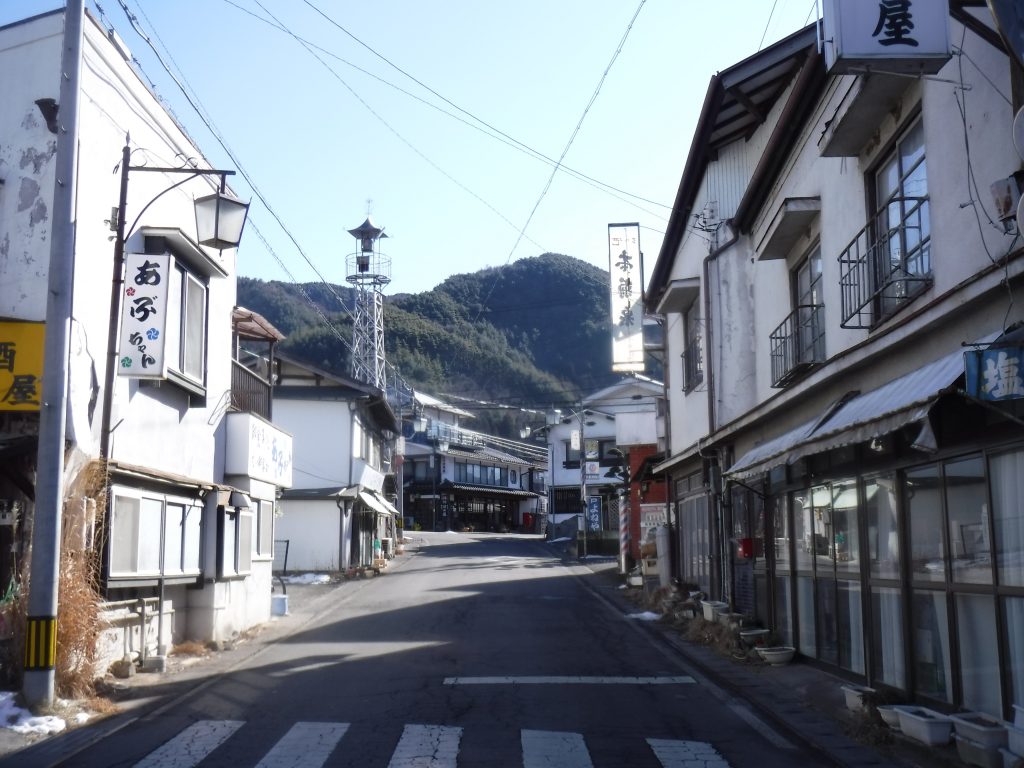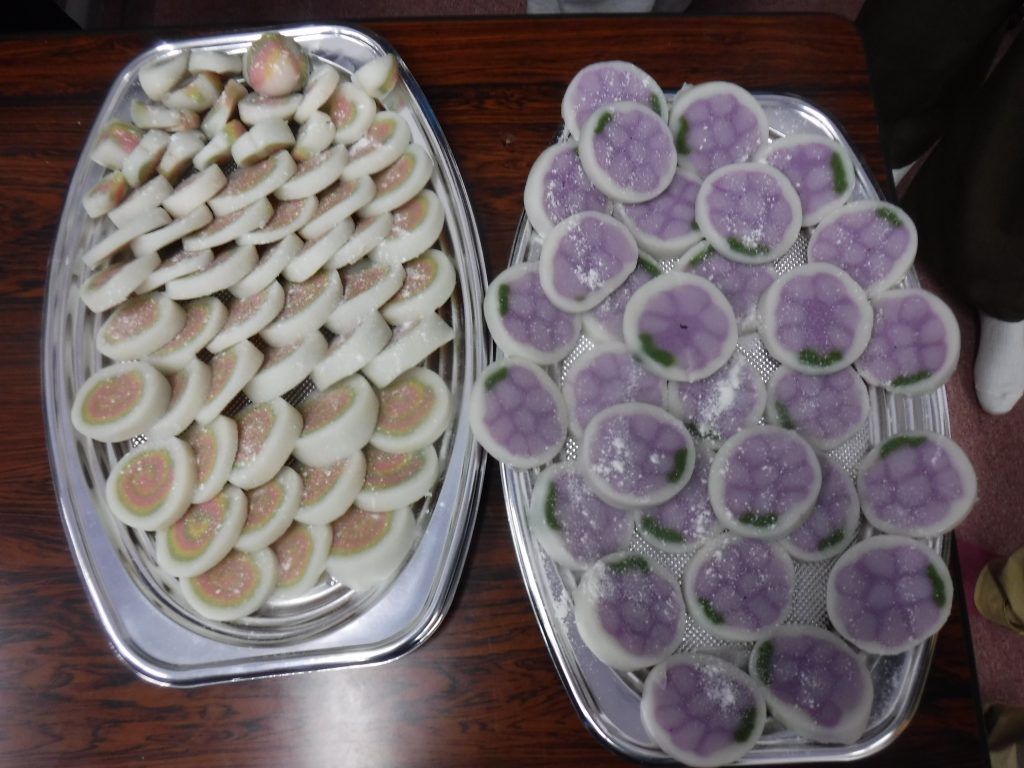The saddest, and yet the most beautiful experience of this entire trip for me was visiting Nagawamachi town. It was sad, because it was immediately evident that the town was in decline, and had certainly seen better days. Houses and buildings stood empty, some places you could even see in through the windows and observe piles of garbage in houses that nobody bothered to clean, because there was noone who wanted to inhabit the space. It was also beautiful, although with the town in decline, that beauty may be fleeting. The town sits in a valley surrounded by mountains and hills, paddy fields filling up the land around the town with memories of better days. The local temples and shrines, despite serving an ever shrinking community, still well maintained and beautiful, a symbol of the significant cultural heritage of the town. It’s a beautiful place to live, yet the cities have stolen most of the young people from the town, as better or more appealing employment and opportunity exists in the cities. The town isn’t near the railway, the Japanese equivalent of being far away from a freeway in the United States, and getting there requires travel by car or bus, something less convenient and more expensive than the bullet train.

While the loss of place occurring in Nagawamachi is saddening to see, what’s even more sad is the loss of culture and tradition that will result without a intentional effort to document and preserve it. While we were there, we had a chance to experience a cultural tradition that had recently been resurrected in the town of Nagawamachi, which was the cooking and creation of Yashouma and roasted Mayudama. These treats were no longer made during World War II due to food shortages, but the tradition was recently revived as a response to the declining population of the town.

Something I noticed during our trip to this town was how happy all the locals seemed when they spoke with us. I experienced expressions of gratitude more than I felt I deserved. In some ways, I feel as though the people of this town shared their traditions and story with us in hopes of inspiring us to act in some way to stop the decline of their town, or perhaps just to spread knowledge of their tradition and lives here. I don’t feel as though I’ll be able to live up to those expectations, but I do know that my friends and family will hear about the town and their traditions, and my experience there. I think that there is more of a chance that the Nodai students who went on this journey with us will act in some way to stem the decline of the town, or at least preserve their memory, since it is their country after all, and they have a closer connection to the tradition than I as a foreigner do.
Recent Comments